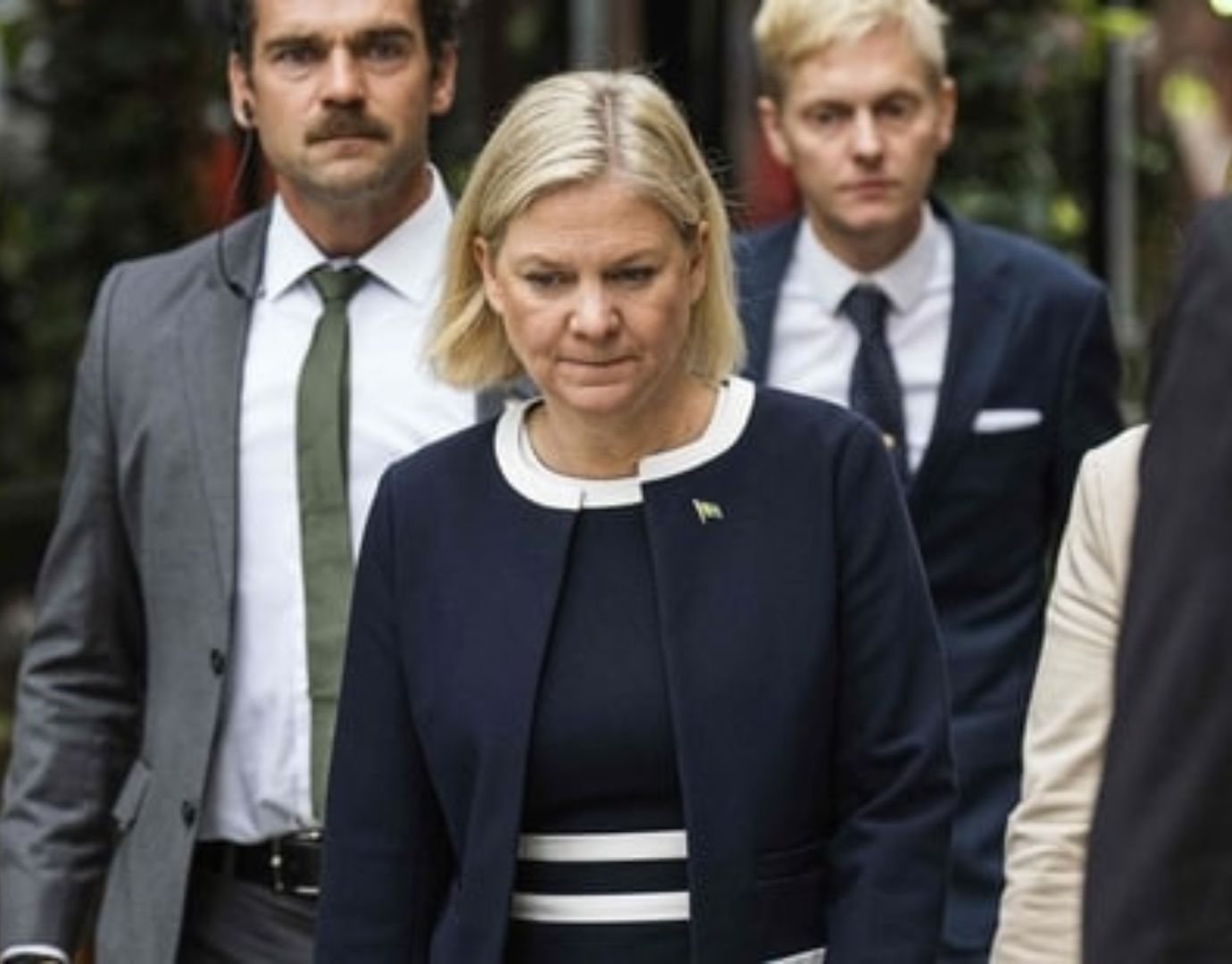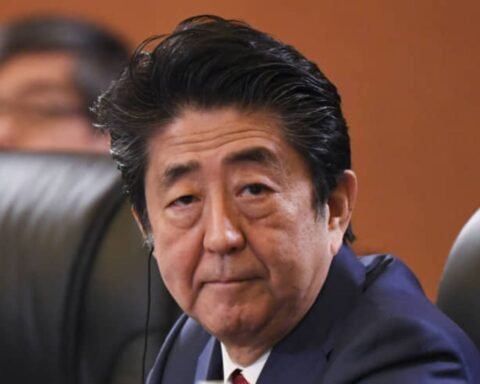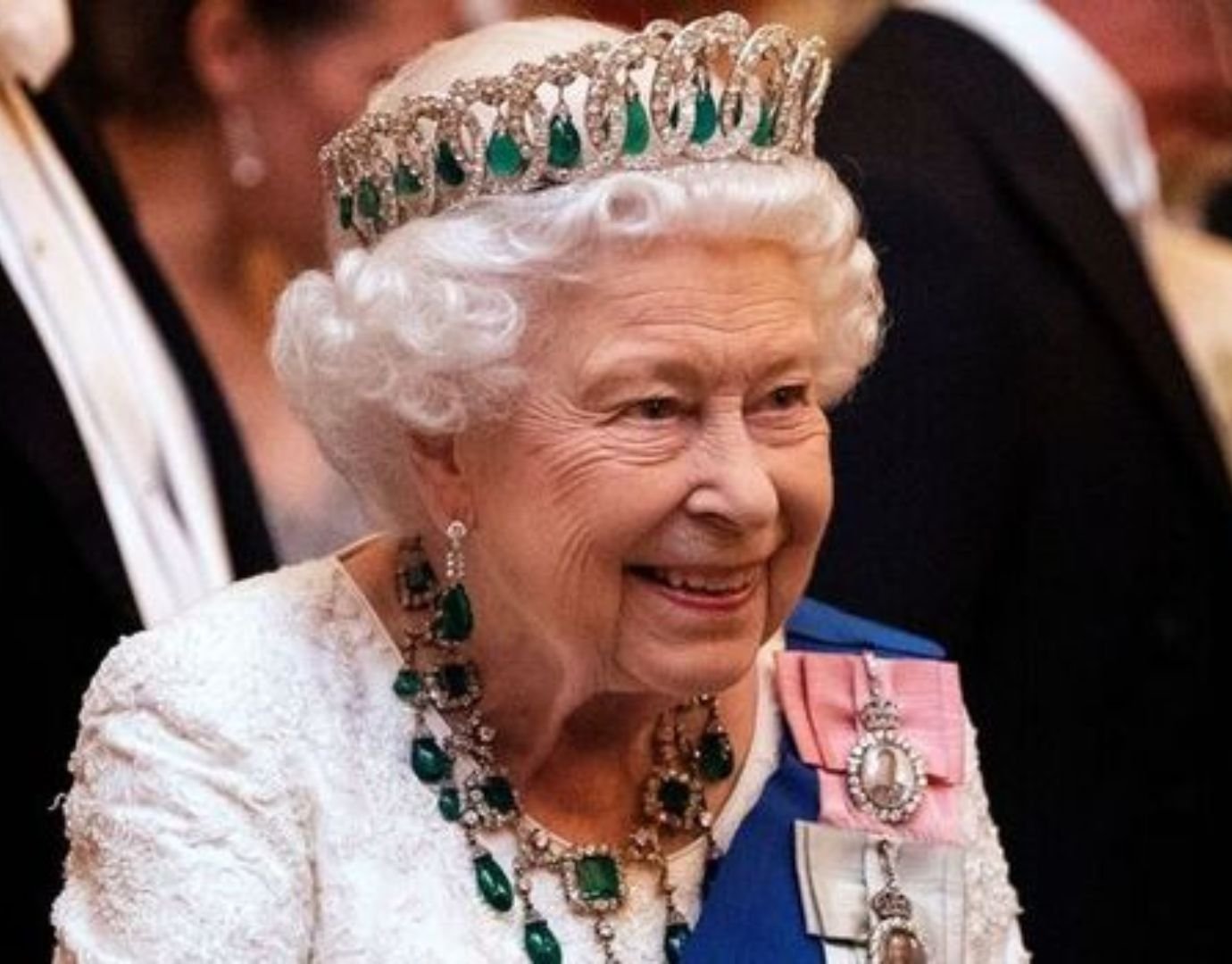Magdalena Andersson, the leader of Sweden’s Social Democratic Party, resigned on Thursday after a right-wing coalition that included a nationalist, anti-immigration party won a narrow majority in parliament.
Andersson met with Andreas Norlen, the leader of Sweden’s 349-member Riksdag, to tell him that she was leaving. Andersson will stay in his caretaking role until a new government is set up. He has agreed to take her resignation.
Norlen said that he would start talking to party leaders as soon as the weekend was over. He is likely to talk to Ulf Kristersson, who is in charge of the center-right Moderates, to try to form a coalition government. After Sunday’s federal elections, the right-wing group has 176 seats and the center-left group, which includes the Social Democrats, has 173.
Wednesday, when 99.9% of the votes had been counted, Andersson gave up, and Jimmie Akesson, the leader of the populist Sweden Democrats, said that the four-party right-of-center coalition had won.
Even though they got more votes than the Moderates, most people don’t think the Sweden Democrats will be in charge of the next government. Even though the party has become more popular in recent years, it is still known for being started by far-right radicals in the 1980s.
But because it got more votes than any other right-leaning party and is the second-largest party in the country’s parliament, it is expected to have a lot of power in any government.
The Sweden Democrats campaigned on a plan to make strict rules about immigration and fight crime. So far this year, there have been 273 shootings in Sweden, 47 of which have killed someone. Over the past few years, there has been more gang violence in Sweden. 74 people were hurt in the shootings, including people who were just watching.
After talking with Norlen for 25 minutes, Andersson told her, “My door is open” if the moderates have “different ideas” and want to work with her instead of the Sweden Democrats. She went on to say that she would work with all groups except for the Sweden Democrats.
Less than a year after becoming Sweden’s first female head of government, Andersson, who is in charge of the country’s biggest party, said she would step down. Her appointment as prime minister was a turning point for Sweden, which had never had a woman in the top government position before. For decades, Sweden had been known as one of the most progressive countries in Europe when it came to how men and women treated each other.
In February, when Russia invaded Ukraine, Andersson was in charge of Sweden’s application to join NATO.
The newly elected Riksdag will meet for the first time on September 26.






